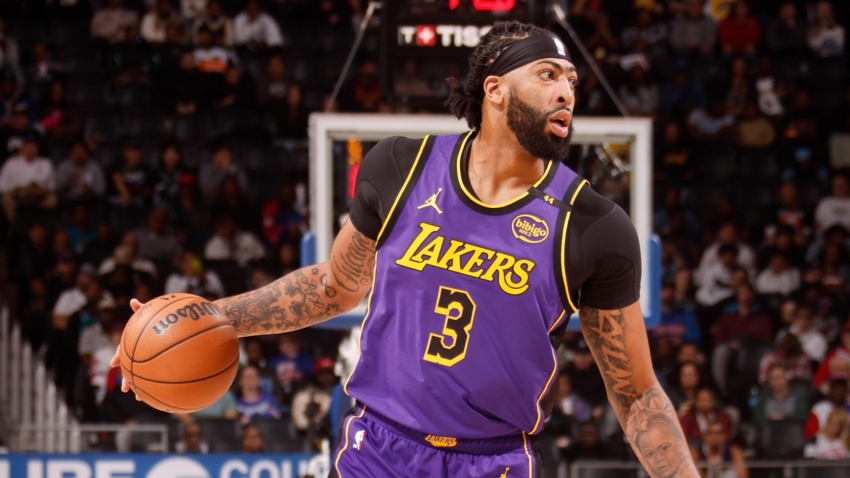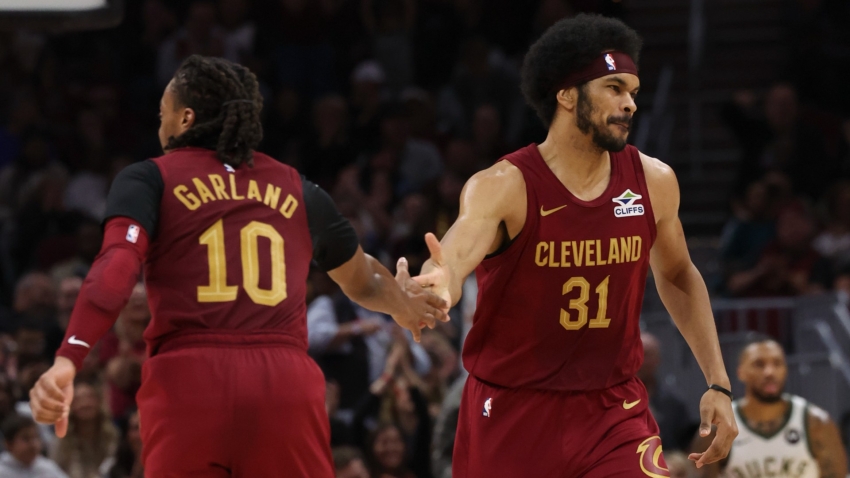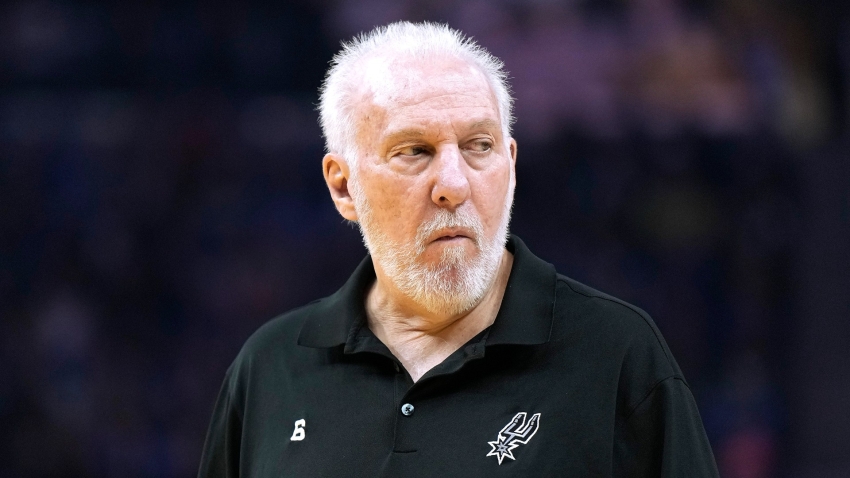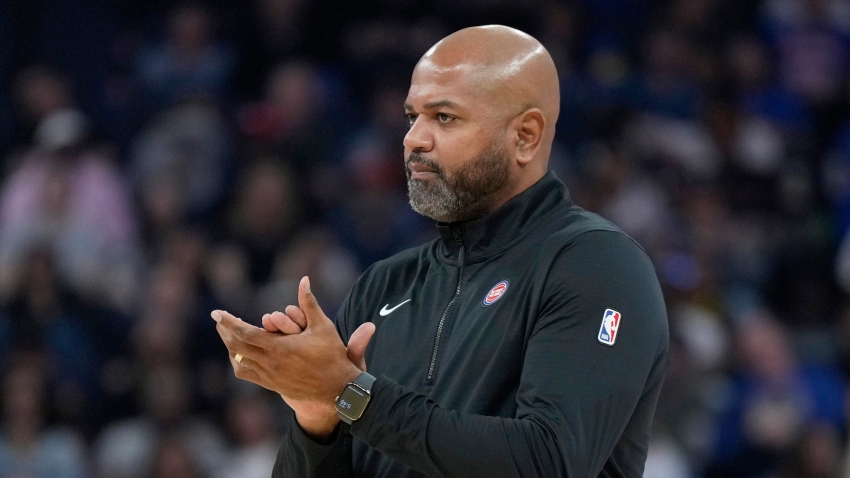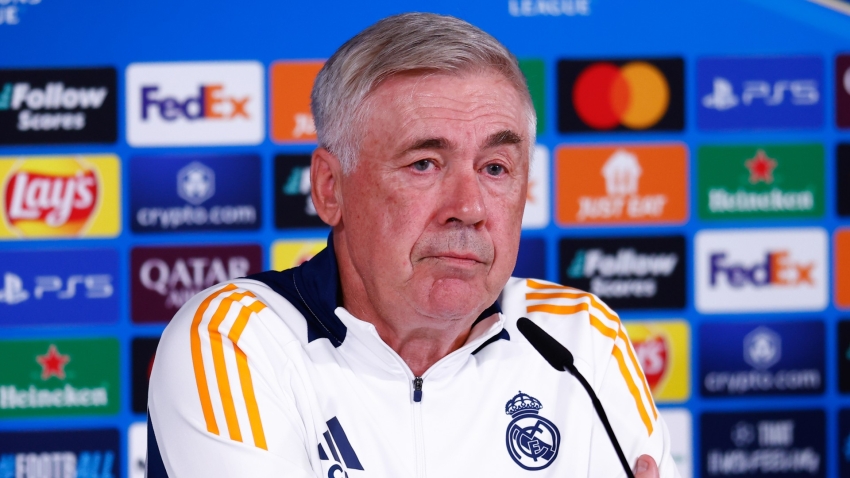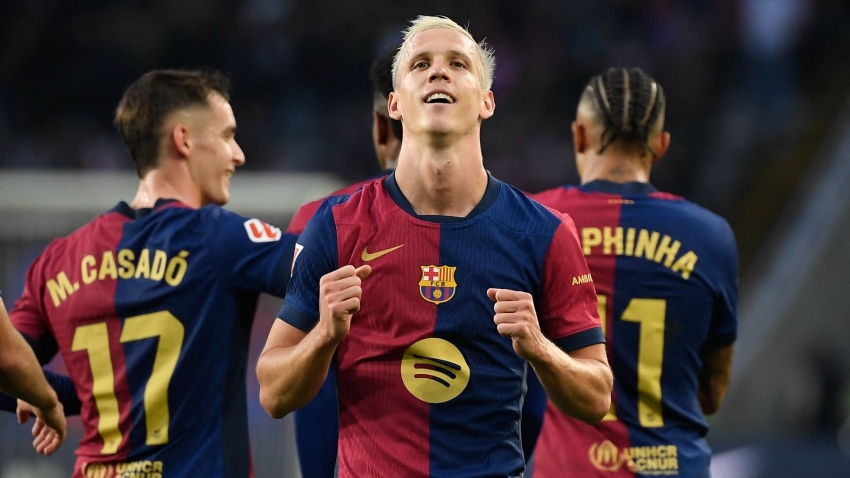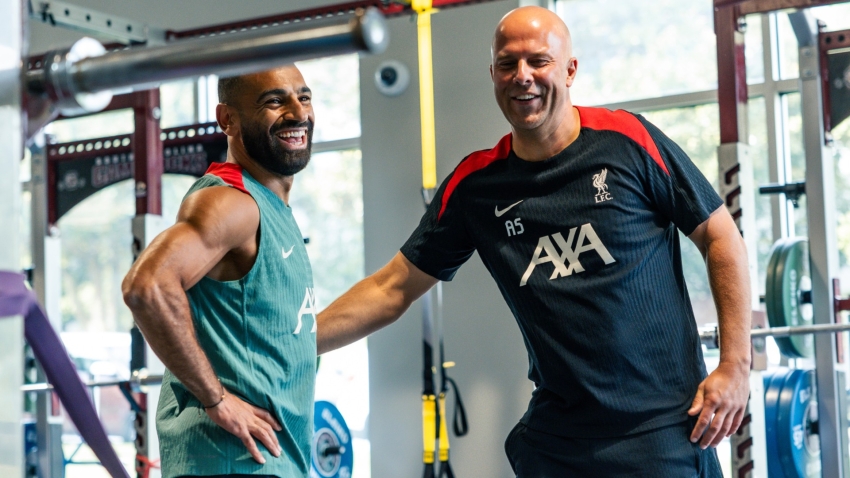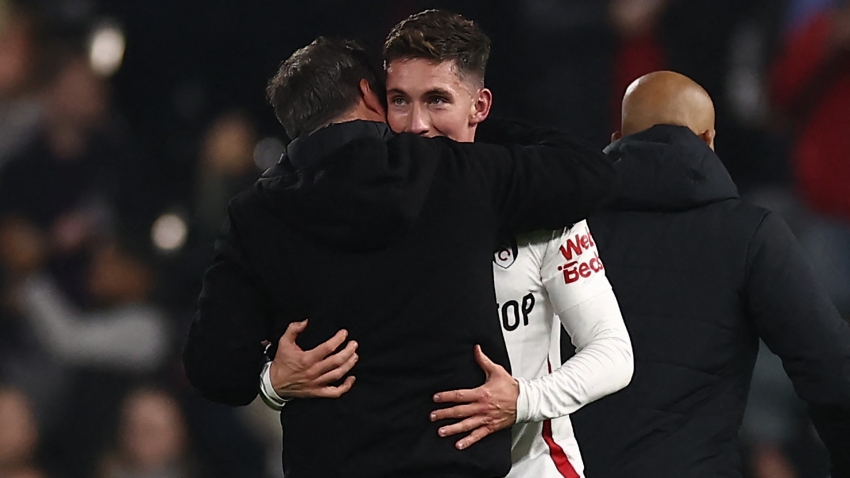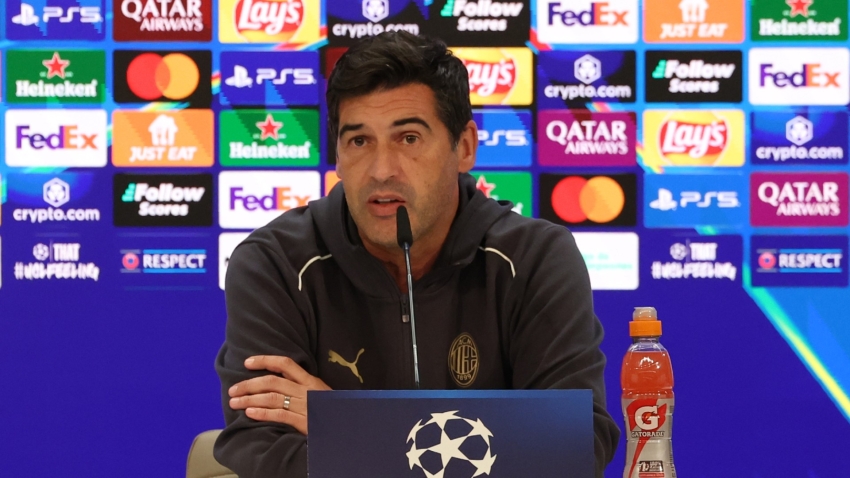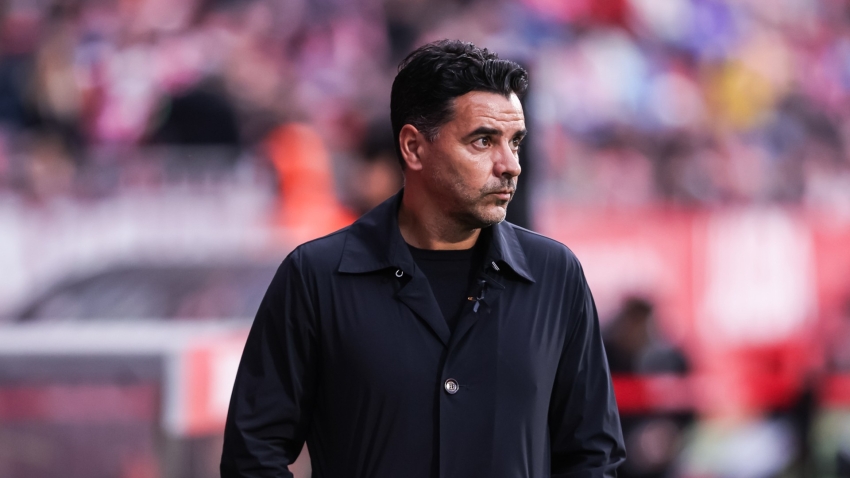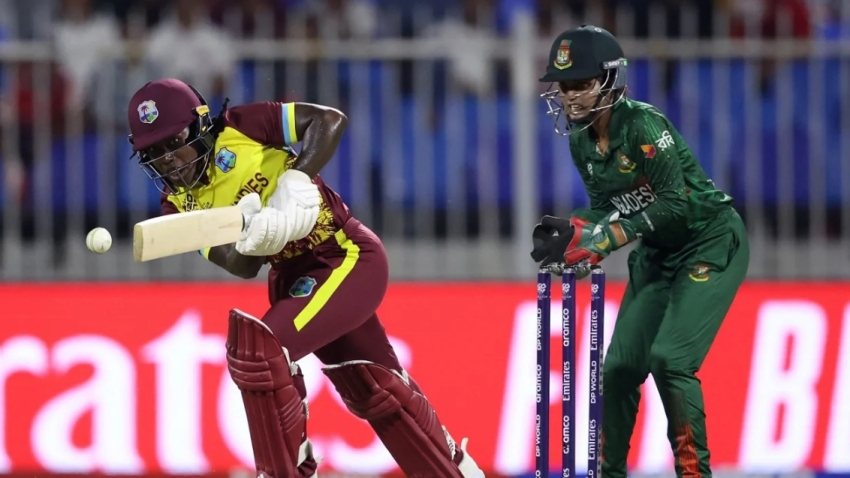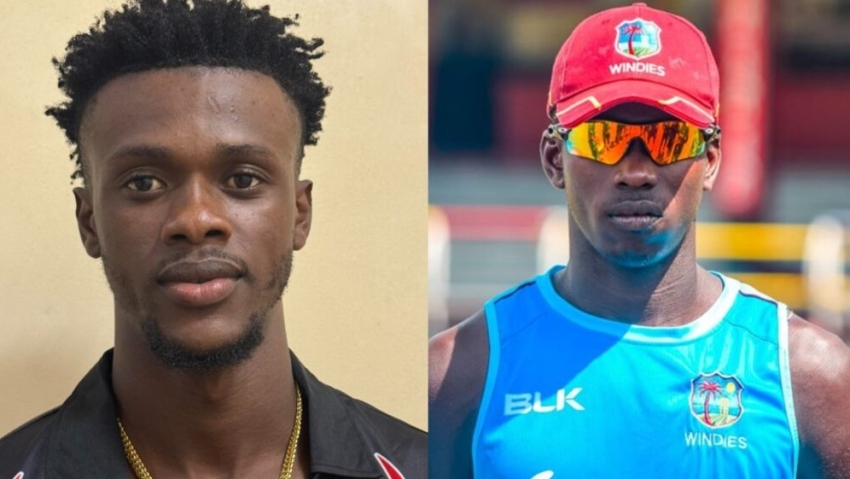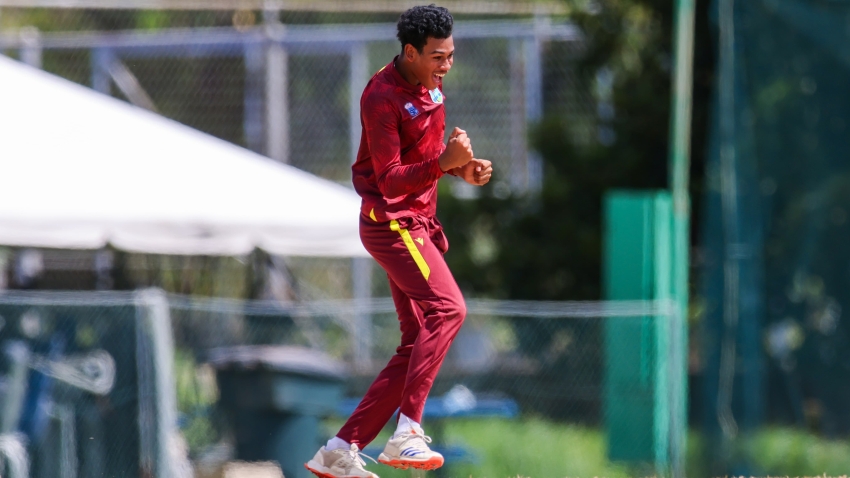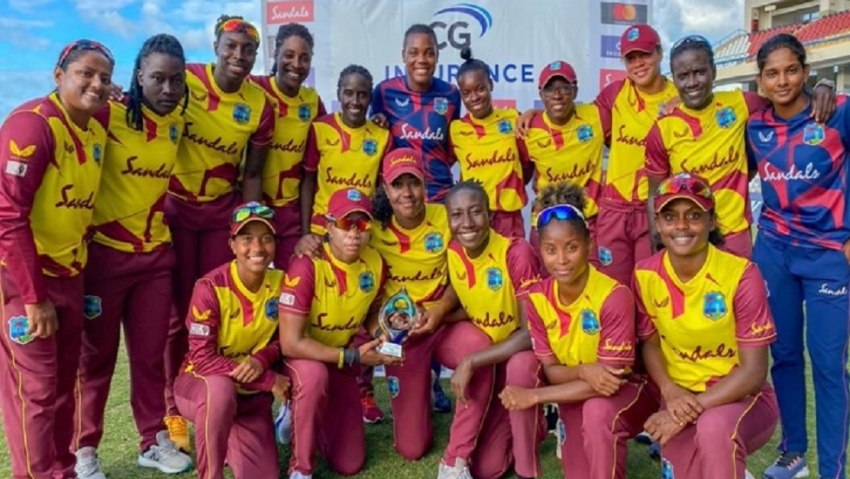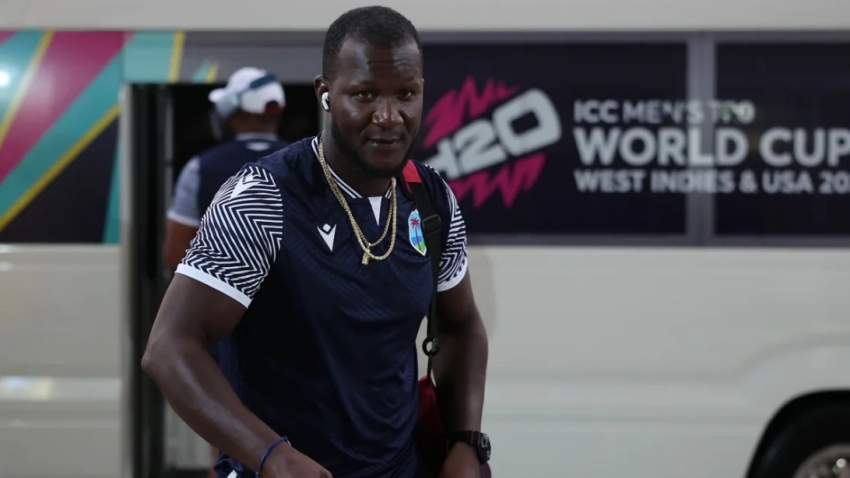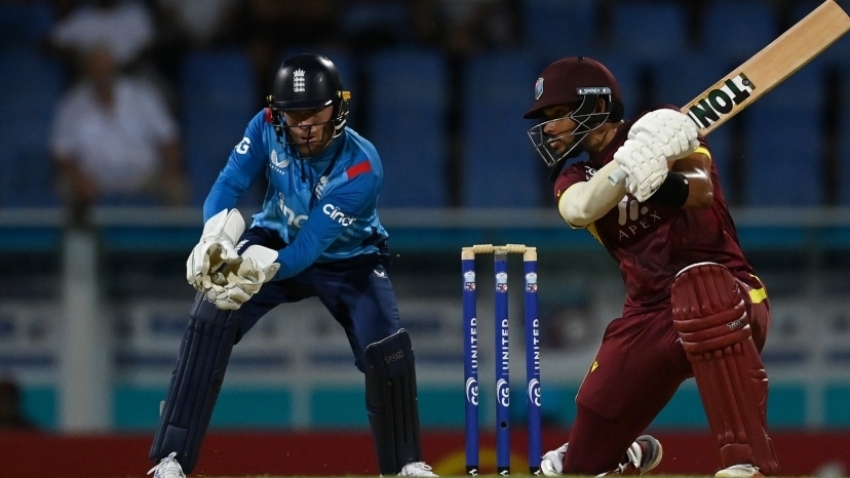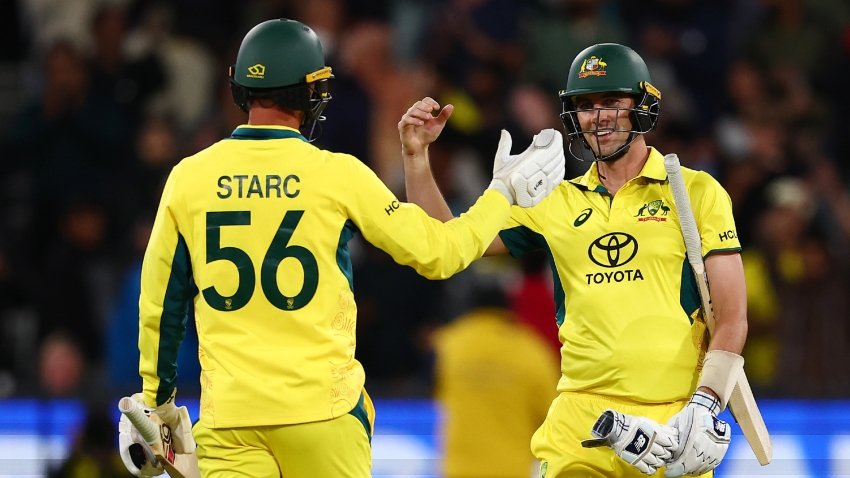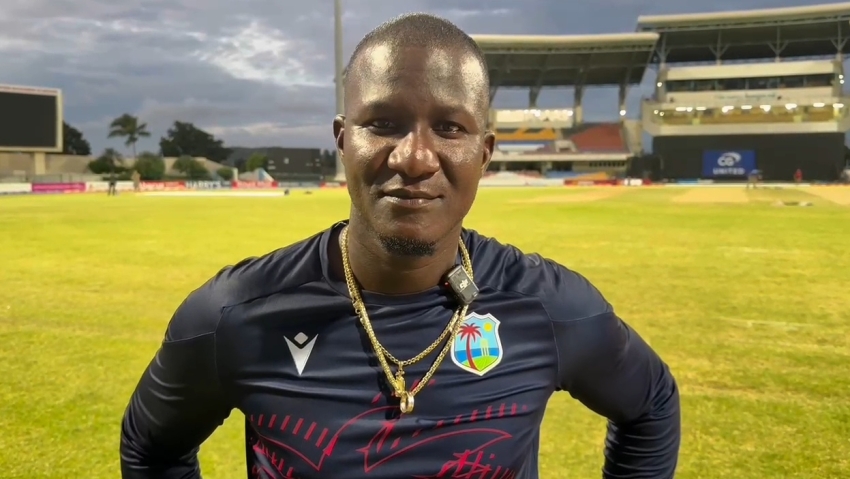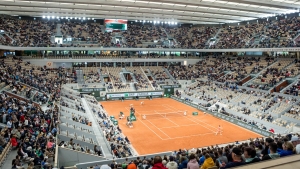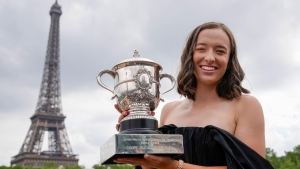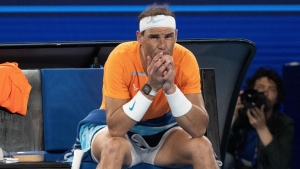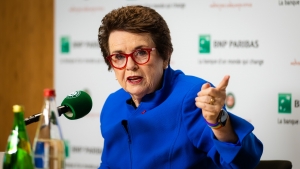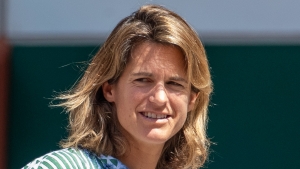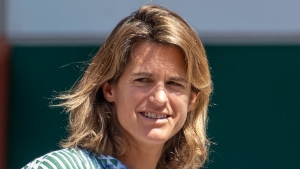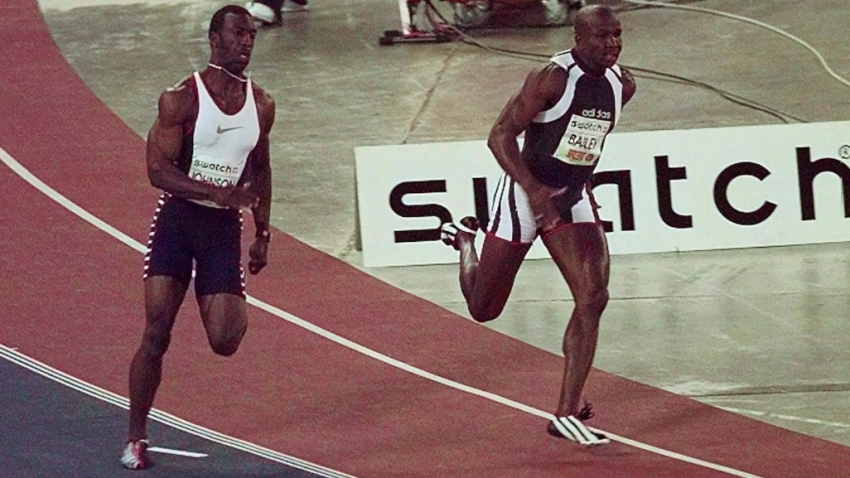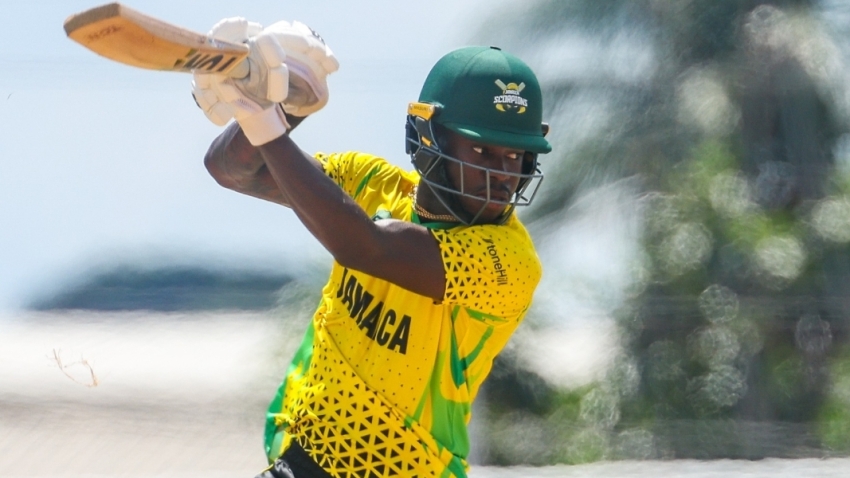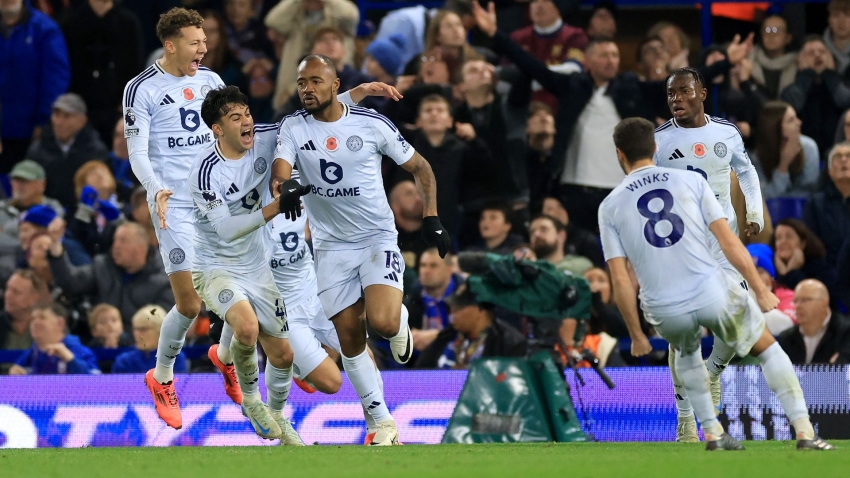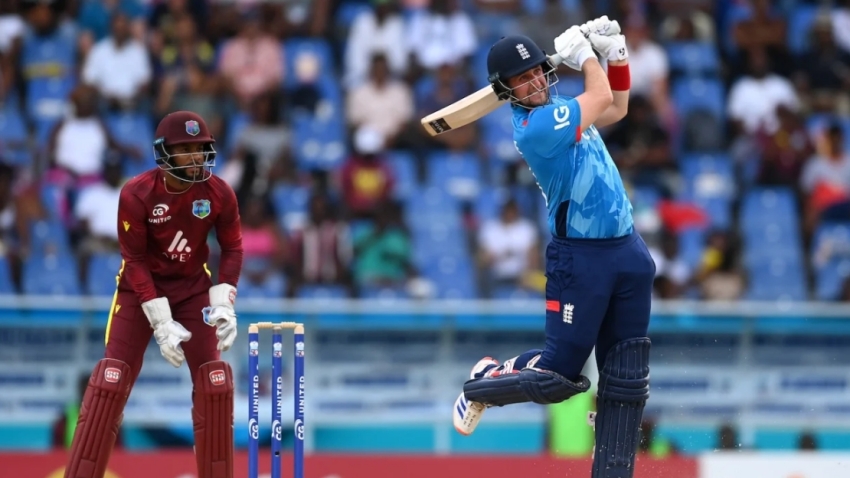Iga Swiatek could end her French Open career with a record to rival Rafael Nadal’s, tournament director Amelie Mauresmo believes.
The Pole cemented her status as one of the best women’s players on clay in recent decades by winning her third title in four years just after her 22nd birthday.
That matches the career progression of Nadal almost to the day, although Swiatek has one US Open title while the Spaniard won on his first four visits to Roland Garros.
“Her record is very impressive, just like Rafa’s record was when he started,” said former world number one Mauresmo.
“Three titles in four editions is huge, it’s very impressive. I think we’re still a little bit far away from the 14 titles but, when Rafa started, no-one also thought he would get to 14 so anything can happen.”
Swiatek found herself really tested for the first time in a grand slam final, twice coming from a break down in the deciding set to beat Karolina Muchova 6-2 5-7 6-4.
She is not looking too far ahead, saying: “I’m just happy with what happened during these past few weeks. I don’t know what I’m capable of.
“So I will work day by day to play the best game possible and to develop as a player. I’m not setting any crazy records or goals for myself. I know that keeping it cool is the best way to do it for me. I’m trying more to do that.”
Swiatek has not had things all her own way this season, with a couple of injuries disrupting her schedule, while Aryna Sabalenka and Elena Rybakina have raised their game to create what has been described as a big three of women’s tennis.
Sabalenka could have overtaken Swiatek in the rankings in Paris, and the Belarusian will have high hopes of doing so on the grass, where she has been much stronger than her rival in the past.
Swiatek did not shy away from talking herself up in comparison to Sabalenka and Rybakina, saying: “I look at my clay-court season and I see on every tournament I really played consistently.
“I reached quarter-finals, semi-finals, finals, I won Stuttgart, I won this tournament. I’m just focused on myself and I don’t care about the other two players.”
For Muchova, it was a bitter-sweet experience, with the Czech handling herself extremely well in her first grand slam final but falling short when the match looked like it was almost in her grasp.
What will give a lot of confidence to the 26-year-old, who will be ranked at a career-high 16 on Monday, is that clay is her least favourite surface.
“I wouldn’t expect it that much on the clay, honestly,” she said. “I look forward to playing on the grass, on the fast surfaces. It’s just nice to know that I can play on the clay great as well.
“This was my last clay tournament. It could have ended up a little bit better, but it was still pretty great.”
It was one of the best endings to a women’s grand slam in recent years, with both semi-finals bringing high quality and drama before a very good final.
There has been a lot of focus again in Paris on the scheduling, with the one-match night session featuring women only once for the second year in a row.
Mauresmo defended the decision-making, insisting other slots considered prime time featured more women’s matches this year.
Organisers do not want matches finishing in the early hours of the morning like they routinely do at the Australian Open and US Open, and Mauresmo admitted the possibility of a quick two-set women’s contest is a key factor in favouring men.
Swiatek, meanwhile, revealed she prefers playing in the day and had requested not to play at night.
“This doesn’t make also our life easier,” said Mauresmo. “I’m comfortable with the scheduling in the day but, yes, we can do better on the night matches.”


